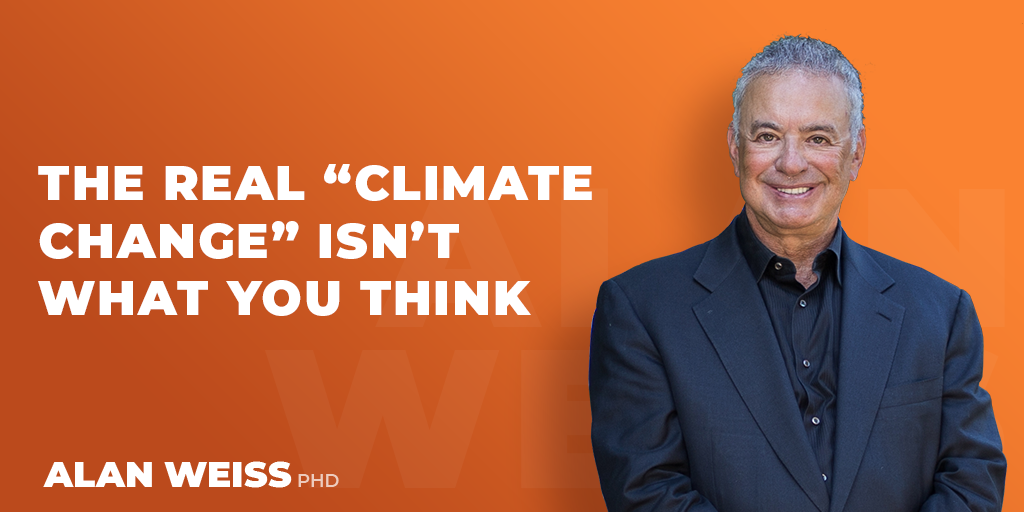
The Real “Climate Change” Isn’t What You Think
Yesterday my wife and I hopped on the commuter train to Boston to do some serious shopping, since there are no really high-end clothing stores (with wide variety) in Rhode Island. It was an educational day.
We rode the commuter train, a Massachusetts operation which is in chronically serious trouble about delays, track maintenance, employee injuries, and so forth. On the MBTA (Massachusetts Bay Transit Authority) an inquiry discovered full-time, six-figure executives who were living, full-time, in Hawaii and Florida! This is beyond incompetent oversight. The board ought to be fired.
On the ride to Boston, with ten stops along the way and an hour’s travel time, no conductor ever appeared to take our money. Anyone, at least in our car, could have disembarked anywhere along the line, including the terminal stop, without paying a cent. Perhaps the conductors assumed everyone had a pre-paid ticket? Or maybe they were offering a present? Or maybe playing poker? And the railroad keeps asking the state for more money. Maybe they should collect what they’re legitimately owed.
We arrived at the Back Bay station a block form Saks in Copley Square, with its scores of high-end shops: We’re talking Nieman Marcus, Balenciaga, Tiffany, Bulgari, and so forth.
The stores and atria were almost vacant, stores with no customers and restaurants with no patrons. Three salesmen in Nieman Marcus were exceptionally helpful, no small wonder since we were the only customers in the men’s department. Legal Seafood began its existence in Boston, and the one in the complex had two tables other than ours with customers at lunch time. The staff was overjoyed to have something to do.
Covid and the acceleration of remote work have had a huge impact on how we do business, socialize, and conduct ourselves. We are not “returning to normal” nor establishing a “new normal,” which is why I’ve trademarked “No Normal®.” There are vastly fewer people working in the cities, and fewer people who don’t work in the city who are bothering to commute in to shop or dine.
We are not going to see vastly improved public transportation taking over because there is no right-of-way on the rail lines in urban areas to put new tracks. The commuter train I spoke of is diesel-powered, and although Amtrak uses adjacent, electrified tracks, the conversion of these trains would cost hundreds of millions, and that’s solely in Boston, from one direction.
And if you replace 60,000 gas-powered cars (the approximate morning Boston commute) completely clogging the roads to any urban area, with 60,000 electric cars, you still have 60,000 cars.
So: Remote is the answer, and it’s going to be permanent, albeit in a variety of forms and hybrids, but permanent, nonetheless. This has tremendous implications for socialization, networking, retail, transportation, and politics.
And unless we understand and prepare better, most of those implications are going to be negative. This is the far more real, far more immediate “climate change.” That Boston complex, ultimately, is doomed in its present capacity. The roads (forget the nature of the cars) and infrastructure will continue to deteriorate.
I assume you're reading this at home on an electronic device. Get used to it.


